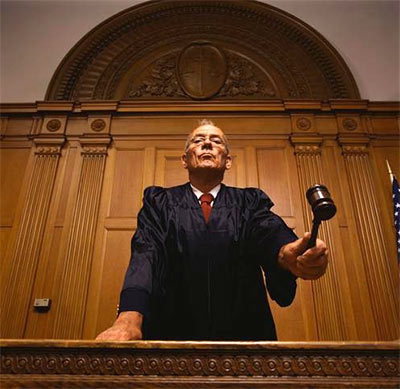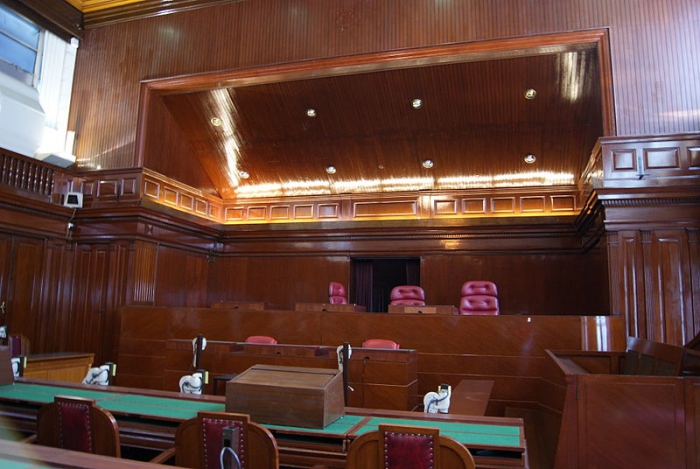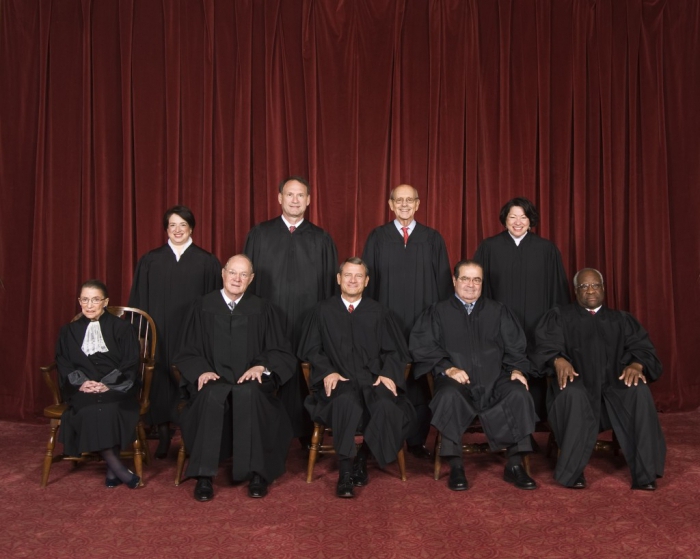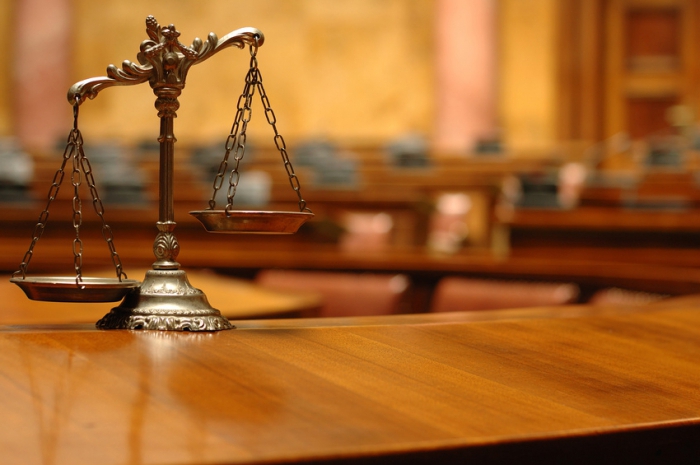Civil cases end with the issuance and execution of a court sentence, which is the most important evidence of justice. At the same time, the decisions of this body should be entirely legal and justified. And since it is not possible to completely eliminate the presence of violations and inaccuracies in the work of judges, there is a law that regulates this method - a cassation appeal in a civil case or criminal case, which allows you to check and control the activities of judicial instances at various levels.

Cassation proceedings
Cassation proceedings - this is the procedural activity of law, which consists in the verification by higher courts of the validity and legality of decisions adopted by lower courts and entered into legal force.
Civil proceedings are governed by the laws of the Russian Federation, the Code of Civil Procedure, and Chapter 41. This source of law states that the deadline for filing a cassation appeal (QOL) is 6 months from the moment the verdict has entered into legal force, provided that the person submitting it used all the other methods of appeal before the court entered into legal force force (filed an appeal).
Cassation instance - This is the third step in the judicial system after the courts that consider the case on the merits, and the appeal proceedings. A cassation appeal in a civil case may be filed against decisions that have entered into force and decisions of any court other than the Supreme Court of Russia (VSRF).

Complaint Procedure
A cassation appeal in a civil case is filed directly with court of cassation. Any person whose rights and interests were violated as a result of violations during the sentencing, which has already entered into legal force, can contact these structures.
The procedure for filing a cassation appeal and submission is enshrined in the Code of Criminal Procedure of the Russian Federation, Art. Appealed may be:
- appellate rulings of courts of administrative divisions;
- court decisions, orders and rulings of district and world courts (QL is submitted to the Presidium of the Supreme Court of the republic, region, territory, etc.);
- appellate rulings of naval (district) military courts;
- court rulings and decisions of garrison military courts (appealed to the appropriate presidiums);
- decisions and appeals of the Presidiums of the Supreme Courts of the subjects of administrative-territorial division;
- court decisions, orders and rulings of district and world courts, previously appealed to the Presidium of the Armed Forces of the Russian Federation (QOL is submitted accordingly to the Judicial Collegium for Administrative / Civil Cases);
- decisions of the presidiums of naval (district) military courts;
- appellate rulings of naval (district) military courts and court rulings and decisions of garrison military courts, previously appealed to the presidium of the naval (district) military court (QL is submitted to the Judicial Collegium for Military Affairs).
Representatives of the cassation of judicial decisions in cases where the prosecutor participated in the proceedings may be contacted:
- The Prosecutor General of Russia or his deputies (to any court of cassation);
- prosecutors of administrative divisions or military districts fleet (on the presidium of its supreme court).
Content of the complaint (Article 378 of the Code of Civil Procedure of the Russian Federation)
A cassation appeal in a civil case must contain:
- The name of the court to which it enters.
- Information about the complainant, including his procedural status in the case and place of residence / location.
- Information about the participants in the process, including their place of residence / location.
- Indications of the courts that previously examined the case and information on their decisions.
- Indications of appealed decisions.
- Indications of the violations committed by the courts, which influenced the outcome of the case, with reasoning.
- The request of the person submitting it.
Article 378 of the CCPF provides guidance on what a cassation appeal should contain. Her sample may vary slightly depending on which court she is sent to.
When filing a complaint, it must be accompanied by certified copies of decisions adopted in a civil case, a document attesting to the payment of state duty, as well as a justification of the right to privileges or installments when paying tax.
QOL must be signed by the person who submitted it, or by its representative. In the second case, a power of attorney is attached to the complaint. The complaint is submitted to the court with the number of copies of it, what is the number of persons participating in the case.
State duty
In accordance with Article 333.19 para. 1, para. 9 of the NKRF, the state duty for a cassation appeal is levied on the person who submitted it in the amount of 50% of the state fee, which is payable upon filing a claim of a non-property plan.
The parties are exempted from the payment of such tax upon cassation in divorce lawsuits and individuals upon appeal of criminal cases, which challenge the fidelity of recovering property damage caused by a crime. Also, the state fee is not paid when the QOL is filed by accomplices and third parties who act in the process on the same side as the subject who filed the cassation appeal.

Cassation instances
The cassation proceedings are: the Presidium of the Supreme Court of the Republic, Region, Territory, cities of federal significance, the Autonomous Okrug, Autonomous Oblast, the Navy (District) Military Court, as well as the Judicial Collegium for Administrative Cases of the Armed Forces, the Judicial Collegium for Military Affairs of the Armed Forces, the Judicial Collegium for civil affairs of the Armed Forces.
In the above instances, cassation appeals are considered by the chairman or deputy of the relevant court. In the Judicial Colleges, they are studied by the judge of the Armed Forces.
A filed cassation appeal to the Supreme Court or to any other cassation instance is examined by competent persons based on the materials attached to it or on the documents of the requested case.
Decisions made by cassation instances
Having examined the cassation appeal, the court has the right:
- leave the decisions made by the first instance, the result of the appeal or cassation proceedings unchanged;
- annul the decisions of the first instance, the result of the appeal or cassation proceedings in whole or in part, while redirecting the case to court for re-consideration (possibly with a note on the need for a different composition of judges);
- to cancel the decision of the first instance, the result of the appeal or cassation proceedings in whole or in part, while leaving the complaint without consideration or terminating the proceedings;
- change or cancel decision trial court the result of the appeal or cassation proceedings in whole or in part in situations where a mistake was made in the interpretation or application of substantive law, while not redirecting the case to a new consideration;
- leave QoL without consideration on the merits.
Cassation authority
If this action is carried out in the interests of the law, the court may go beyond the arguments presented by the complainant at the time the appeal is considered.The Civil Procedure Code, meanwhile, establishes that the cassation instance cannot go beyond the scope of the appealed decision (to consider the legality of court decisions in that part in which they are not disputed, or other decisions that are not appealed at all). Also, the court does not have the right to consider proved or establish circumstances that are rejected or not revealed by the court of the first or appeal stages, give recommendations on which decision should be adopted and which should not be in a new trial.

The timing
The term of the cassation appeal (its consideration) is:
- In the court of cassation stage (with the exception of the Armed Forces of the Russian Federation) - no more than one month, when the case was not claimed, or no more than two months, if any.
- In the Supreme Court of the Russian Federation - no more than two months when the case has not been claimed, or no more than three months otherwise.
In the first and second cases, the period of consideration does not include the time from the date of the request for the case until its receipt by the court of cassation.
The Chairperson of the Supreme Court of Russia or his deputy may extend the indicated terms in situations where the case was claimed in view of its complexity, but no more than for two months.
The content of the decisions of the court of cassation
The cassation judge can decide not to refer the case to the cassation court for consideration. This definition should indicate:
- FULL NAME. the judge who delivered it;
- place and date of its adoption;
- FULL NAME. the complainant;
- information on court orders that are appealed;
- the reasoning for the refusal to transfer the complaint for consideration by the court of cassation.
In cases where the cassation instance makes a decision on referring the case for consideration at the hearing of the cassation court, a corresponding decision is made. This definition should contain:
- place and date of its adoption;
- FULL NAME. the judge who received him;
- the name of the court to which the case is redirected for consideration on the merits;
- information on court orders that are appealed;
- FULL NAME. the complainant;
- the content of the case in which the decisions were made;
- the arguments for referring the complaint to the appropriate court;
- various proposals of the judge.
Return complaint without review
A cassation appeal against a court decision may be returned without trial on the merits in the following cases:
- if QOL does not contain the data provided for in Art. 378 Code of Civil Procedure of the Russian Federation (presented above in the text, except for information on what are the violations committed by the courts that affected the outcome of the case, with reasoning);
- when QOL is filed by a person who does not have the right to appeal to the court of cassation;
- the presence of a request for recall or return of QOL;
- when the rules of jurisdiction are violated;
- if the deadline for filing a cassation appeal has been missed and a court order on the restoration of such has not been attached to it.
QOL must be returned without examination on the merits within ten days from the date of its receipt by the court of cassation.

Consideration of QOL at the hearing of the cassation instance
A cassation appeal together with the case file at the hearing is considered in the presence of the persons participating in it. Some members may be allowed to attend by using video conferencing. All persons must be warned about the date and place of the meeting in advance, at the time of their presence at the hearing, they are entitled to give their explanations in the case. The non-attendance of the meeting participants is not recognized as the reason for the cancellation of the QOL consideration.
As a result of the court session, decisions on the cassation appeal are adopted by a majority vote. In cases where the votes are equally divided into pros and cons, the complaint is considered rejected.
The reasons for changing or canceling court decisions in cassation instances are violations of procedural or substantive law, the commission of which affected the sentencing, without the liquidation of which it is impossible to restore the infringed freedoms and rights of the complainant and protect public interests.

Information was provided above on what a cassation appeal is. A sample of this document can easily be found on the pages of directories on legal topics, and QL can also be compiled with the help of qualified specialists for material rewards.
All of the above conditions, the procedure for compiling, considering and returning a cassation appeal also apply to submissions to the court.









